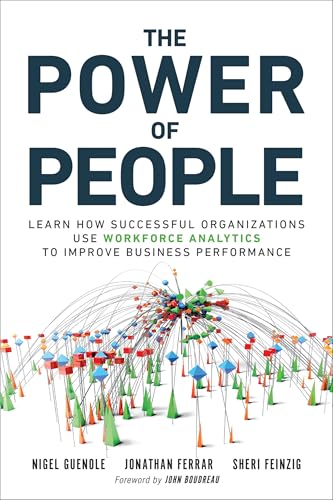Sublime
An inspiration engine for ideas
Management
Ahmad Ayash • 2 cards
Power of People, The: How Successful Organizations Use Workforce Analytics To Improve Business Performance (FT Press Analytics)
amazon.com
In Orange Organizations, strategy and execution are king. In Green Organizations, the company culture is paramount. CEOs of Green Organizations claim that promoting the culture and shared values is their primary task. The focus on culture elevates human resources (HR) to a central role. The HR director is often an influential member of the
... See moreFrederic Laloux • Reinventing Organizations: A Guide to Creating Organizations Inspired by the Next Stage in Human Consciousness

Most exciting, the growth mindset can be taught to managers.
Carol S. Dweck • Mindset - Updated Edition: Changing The Way You think To Fulfil Your Potential

Management
Christian Baaki • 4 cards
OL: I need to hire people who are top performers so we can make our goals, because my own performance will be measured by that standard. SL: I want to hire people who will perform well because that will bring them satisfaction in their work, affirmation of their calling and success to the team. OL: Judy is a rising star. I need to be sure she
... See moreR. Scott Rodin • The Steward Leader: Transforming People, Organizations and Communities
Strategy is about how an organization will move forward.